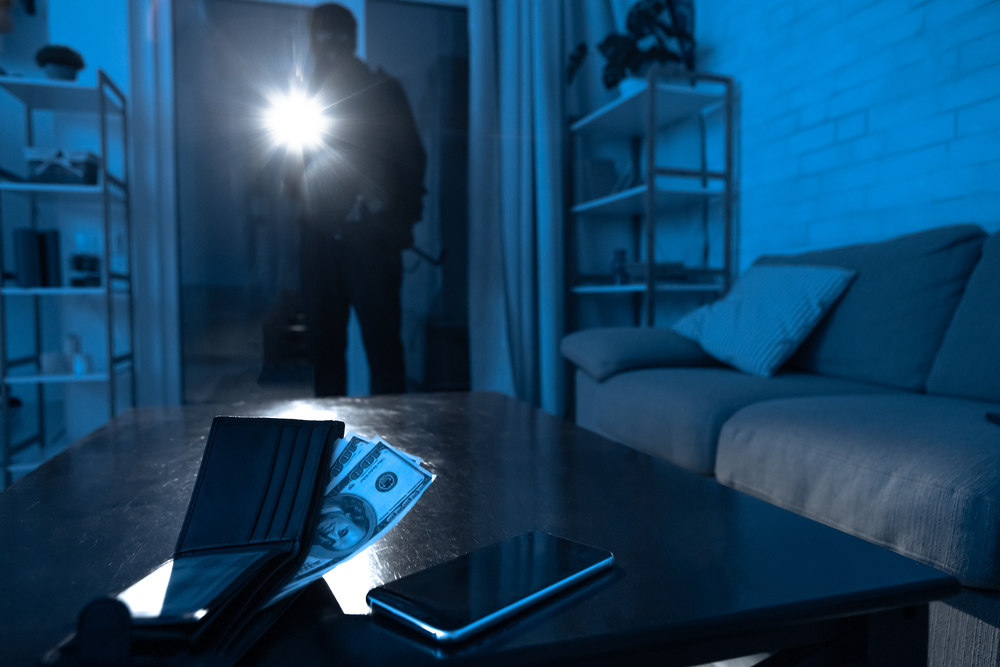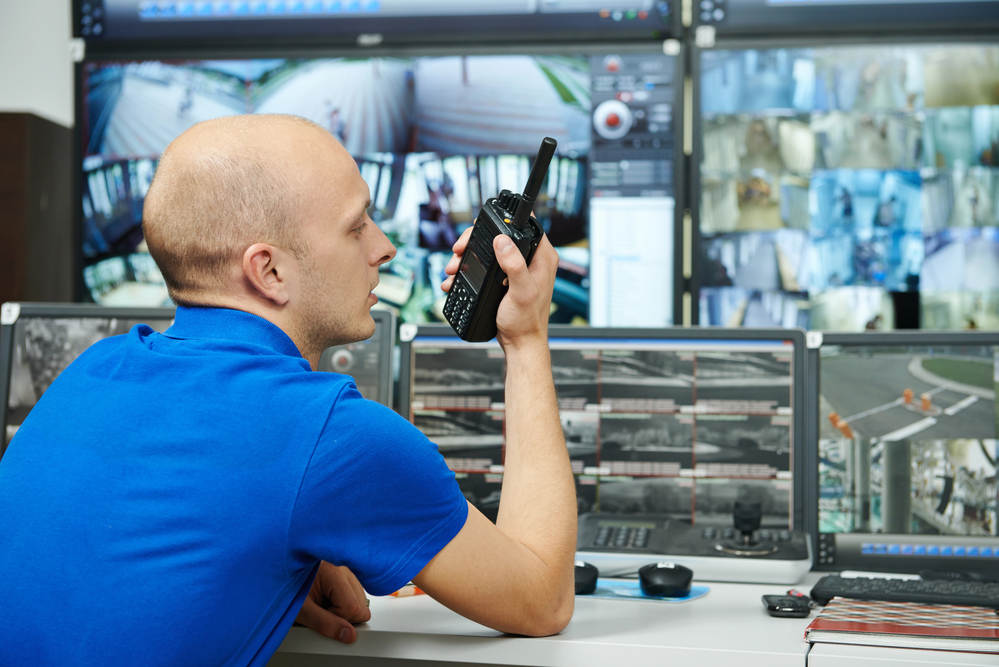What to consider when installing CCTV OutdoorsWhat to consider when installing CCTV Outdoors
When it comes to boosting the security of your property, installing an outdoor CCTV system is an excellent measure to deter theft, vandalism, and other nefarious activities.
It’s not merely about slapping a few cameras here and there; several key considerations ensure your surveillance system serves its intended purpose efficiently. In this article we are going to go through them all, putting out in a much stronger position for defending yourself, your staff, and the assets on your site.

Coverage and Placement
Identifying the pivotal areas requiring surveillance is your first step. These might include entry and exit points, parking spaces, alleyways, and any other vulnerable spots on your premises. The positioning of cameras is paramount; they should be arranged to maximize area coverage while minimizing any blind spots. Elevated positions are typically preferred for a broader view and to keep the cameras beyond easy reach, deterring any tampering or damage.
Camera Type and Features
Cameras are not created equal. For outdoor surveillance, you’ll require cameras designed specifically for external use. These need to be sturdy, weather-resistant, and capable of functioning across various environmental conditions – from scorching heat to frosty temperatures. Moreover, features such as night vision, motion detection, and field of view should be considered. Cameras with pan-tilt-zoom capabilities can offer extensive flexibility in monitoring expansive areas and tracking movements.
Resolution and Image Quality
The clarity of the footage captured is determined by the resolution of your outdoor construction camera solutions. Higher resolution cameras yield crisper images, vital for identifying faces, licence plates, and other critical details. However, bear in mind that higher resolution also demands more storage space and bandwidth for data transmission. Finding a balance between quality and storage requirements is crucial.
Lighting Conditions
Outdoor cameras have to contend with changing lighting conditions throughout the day and into the night. Ensuring that the cameras come equipped with infrared night vision is essential for capturing clear footage in dimly lit or pitch-black conditions. Additionally, consider the placement of cameras in relation to light sources to avoid issues like glare and shadows, which can obscure or wash out video footage.
Connectivity and Storage
Deciding between a wired or wireless setup for your CCTV system is another important consideration. Wired systems are generally seen as more reliable and secure but necessitate professional installation to conceal and safeguard cables. Wireless systems, meanwhile, offer greater flexibility in camera placement but rely on the robustness of your Wi-Fi signal. When it comes to storing footage, options include local devices (like DVRs or NVRs) and cloud storage, each with its own set of advantages and considerations regarding capacity, accessibility, and ongoing costs.
Legal Compliance and Privacy
It’s paramount to be cognisant of legal implications and privacy laws in your jurisdiction before setting up CCTV cameras. This includes notifying visitors about the surveillance and ensuring that cameras do not infringe upon areas where individuals have a reasonable expectation of privacy, such as neighbouring properties or public spaces.
